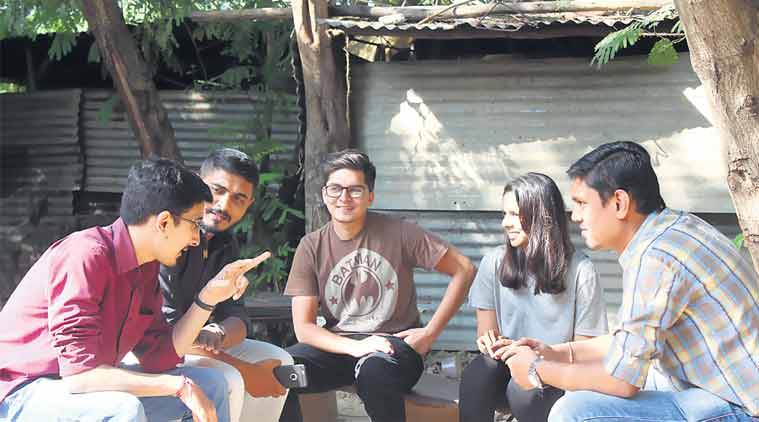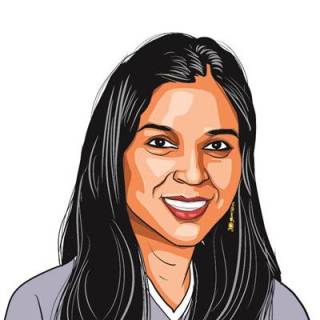Nobody speaks to the young
The youth need a sense of purpose and political identity, not sops.

Sixty per cent of our country is under the age of 30. Yet, there is little substantive participation of our young in defining the direction of the nation. The average age of our MPs at 56 years is more than double the median age of 25. Statistics are not available for other groups who shape our politics — academics, activists, media — but a quick check of the top names in each area is indicative of similar underrepresentation of youth. And this is reflected in our public discourse.
Talk to young people across the country and what stands out is their feeling of being talked at, pushed around, and dismissed. Consequently, young people respond to rejection with rejection. Ask 10 young people outside of the elite circuit about political developments in the country — most will struggle to respond. Refer to political leaders from various fields and ask the youngsters to talk of their stand on some topical issues. They will shrug. Name the top public intellectuals in the country and most may not even have heard of them. We can, of course, say that young people today are selfish. They are too distracted and lack commitment. But this is, at best, a partial truth.
The larger political class and process simply have not been able to establish relevance for young people. Youth, today, are responding to the cues and incentives around them; and paying attention to those who are reaching out to them.
Ask a young person to name the top five actors and s/he can. Sports statistics? Yes, sir. Specifications of the latest phones? Indeed. Song lyrics? Of course. The young are very much paying attention. Just not to us. See also the dedication of the young person who fancies her chance at celebrityhood practising a dance move, the boy spending time at the gym. There is no lack of commitment there. Young people are searching for recognition, for an identity in which they can take pride in. Because there are no accessible pathways that can help them get recognised in constructive politics, they are choosing other options. Association with a celebrity, styling themselves like him/her gives that sense of belonging. To be “discovered” in many ways offers a better probability of escaping their circumstances than studying in a dusty college somewhere or working in a dead-end job. Thuggery, bullying, majoritarianism offers a sense of power when as a whole there is a dispiriting lack of agency.
We cannot ignore Young India if we care about our democracy. Nor can we pick and choose what we want to prioritise — our politics has to be representative of their needs and aspirations. We have to talk about the things that matter to them in a language that they understand. At the very least, this means prioritising the educational, employment and identity concerns of young people in our daily discourse and politics. Yet, a few examples in each area bring out its skewed nature.
Equal educational opportunity has become a purely rhetorical statement, like the way beauty pageant aspirants reference world peace. Seventy per cent of our higher education is in the private sector and, increasingly, even public universities are getting privatised with the onset of “self-financing” courses making a complete mockery of the role of education as a tool for socio-economic mobility. Entire universities are completely notional: There are no classes, students study in coaching centers. Three-year courses are taking up to five years to finish. The examination system is a complete sham. Students are paying exorbitant fees and graduates are saddled with debt without job prospects. Yet our focus on these issues is episodic. That too, when there is some immediate crisis, despite the fact that students are the most visible face of a progressing India. Our inability to prioritise even the concerns of this subset is indicative of how we are failing our entire youth population.










.png)




























No hay comentarios:
Publicar un comentario